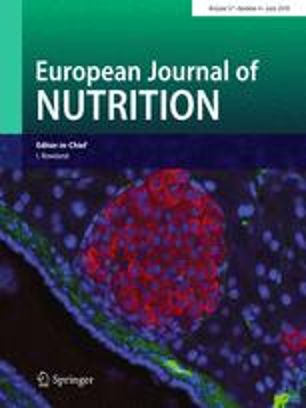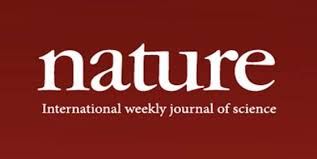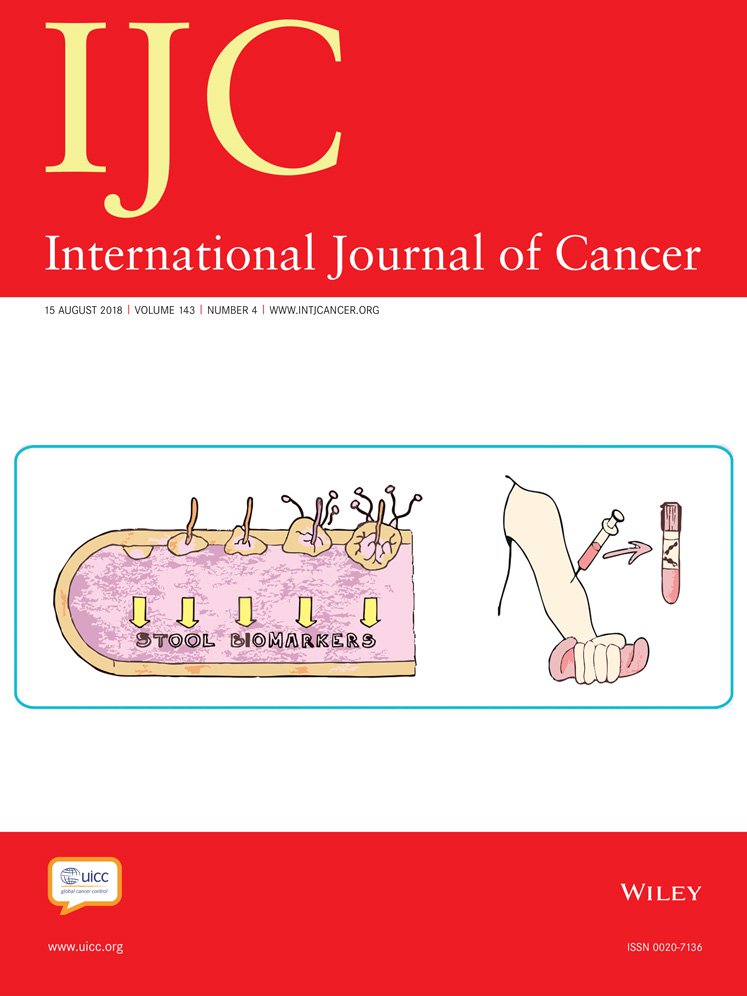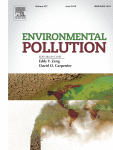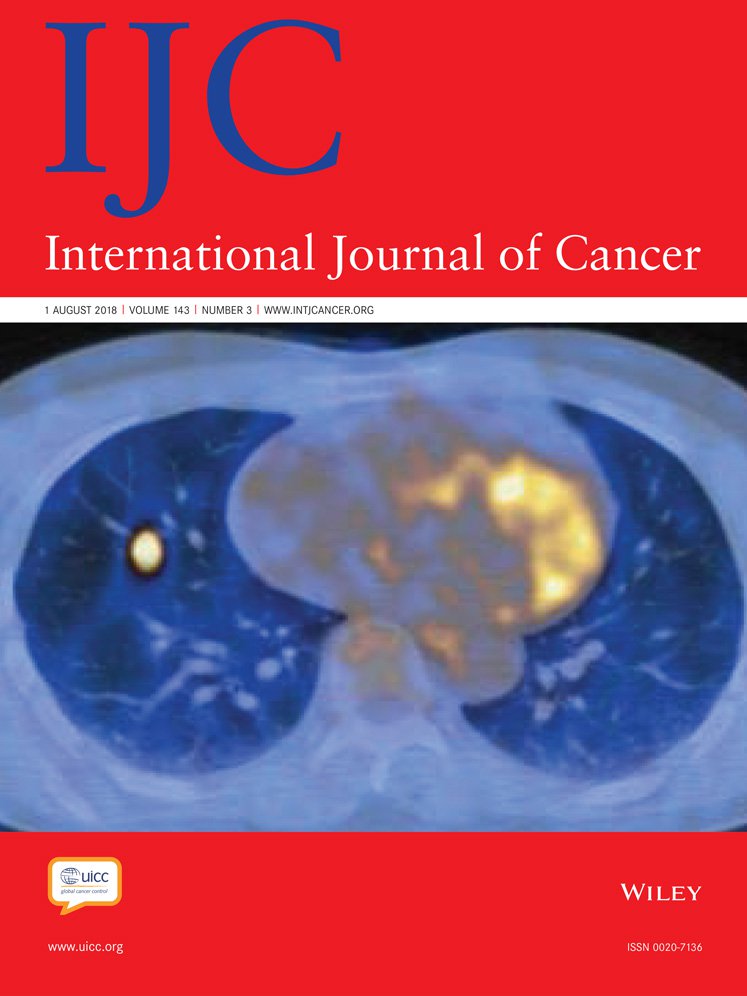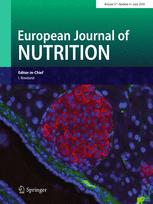Assessment of Lung Cancer Risk on the Basis of a Biomarker Panel of Circulating Proteins
mportance There is an urgent need to improve lung cancer risk assessment because current screening criteria miss a large proportion of cases. Objective To investigate whether a lung cancer risk prediction model based on a panel of selected circulating protein biomarkers can outperform a traditional risk prediction model and current US screening criteria. Design, Setting,…




